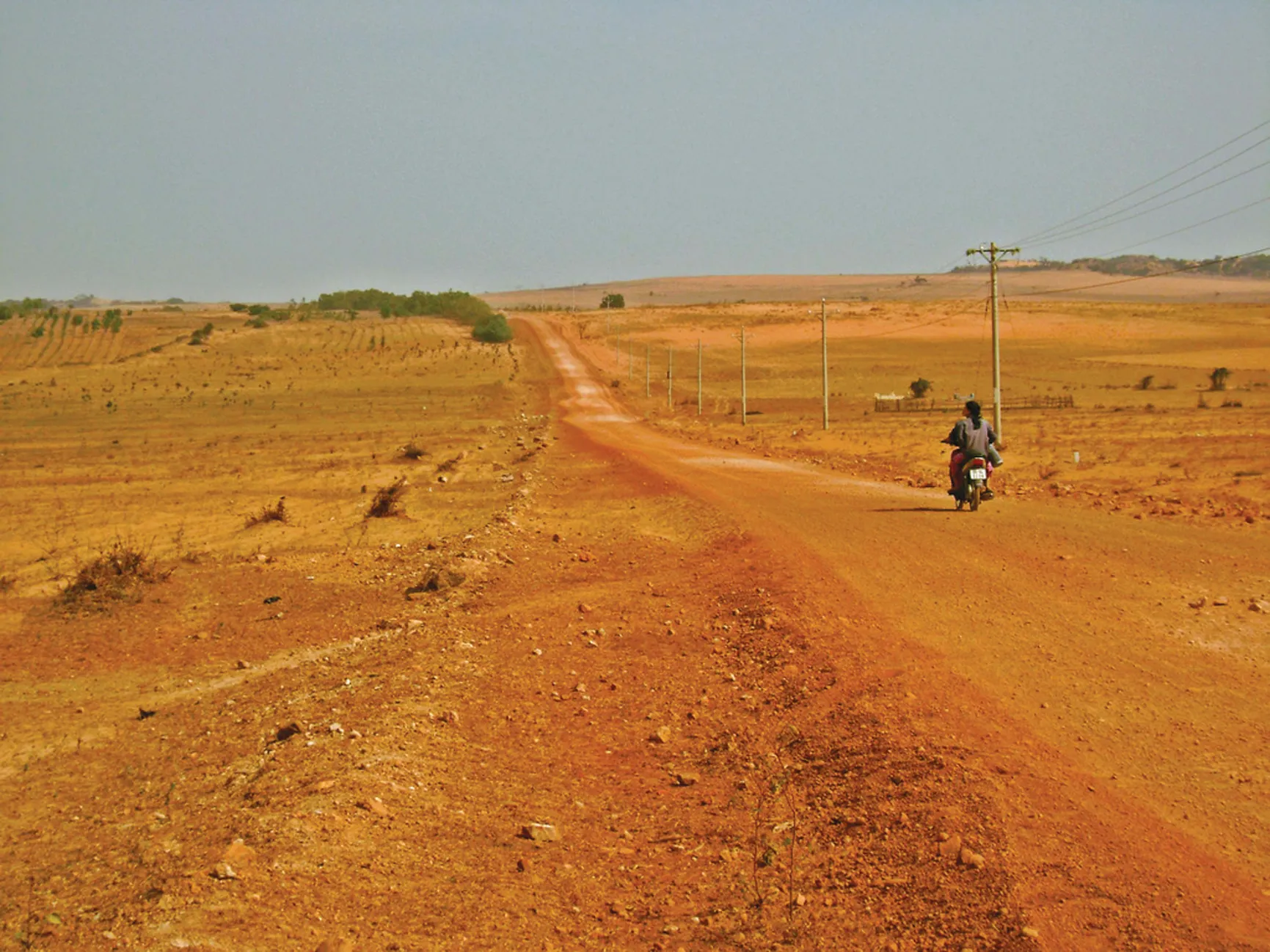Huge investment in Colombia’s transport infrastructure is expected to lead to substantial market growth in the country’s construction industry, according to new research by Timetric. In its research report; ‘Construction in Colombia – Key Trends and Opportunities to 2017’, Timetric, who provide online data, analysis and advisory services to key financial and industry sectors, states, “Colombia’s Ministry of Transportation plans to invest COP102.3 trillion (US$56 billion) in transport infrastructure developm
July 30, 2013
Read time: 2 mins
Huge investment in Colombia’s transport infrastructure is expected to lead to substantial market growth in the country’s construction industry, according to new research by Timetric.
In its research report; ‘Construction in Colombia – Key Trends and Opportunities to 2017’, Timetric, who provide online data, analysis and advisory services to key financial and industry sectors, states, “Colombia’s Ministry of Transportation plans to invest COP102.3 trillion (US$56 billion) in transport infrastructure development until 2021 to improve the country’s infrastructure and enhance its regional competitiveness.
“Infrastructure construction is the largest market in the Colombian construction industry, with a value of COP51 trillion (US$30.6 billion) and a 52.8% share of the industry in 2012. It is also the fastest growing market, and is forecast to grow at a CAGR of 7.67% from 2013 to 2017.”
Timetric says that in anticipating a steady rise in the demand for energy due to a rising population and urbanisation, Colombia has also initiated an expansion of its energy infrastructure. The country is rich in coal reserves, and the expansion plan includes a 150% increase in capacity of coal-fired plants by 2023.
The firm’s report continues, “The development of the mining industry has led to the construction of ports and railways to transport coal. Meanwhile, a rise in the population and continued urbanisation has necessitated the expansion of energy and road infrastructure. Roads account for over 80% of domestic transport in Colombia. The country plans to construct 8,000 kilometres of new road by 2020 and reduce travel time by developing an extensive road network, including several tunnels and bridges and expansion of numerous key routes.”
In its research report; ‘Construction in Colombia – Key Trends and Opportunities to 2017’, Timetric, who provide online data, analysis and advisory services to key financial and industry sectors, states, “Colombia’s Ministry of Transportation plans to invest COP102.3 trillion (US$56 billion) in transport infrastructure development until 2021 to improve the country’s infrastructure and enhance its regional competitiveness.
“Infrastructure construction is the largest market in the Colombian construction industry, with a value of COP51 trillion (US$30.6 billion) and a 52.8% share of the industry in 2012. It is also the fastest growing market, and is forecast to grow at a CAGR of 7.67% from 2013 to 2017.”
Timetric says that in anticipating a steady rise in the demand for energy due to a rising population and urbanisation, Colombia has also initiated an expansion of its energy infrastructure. The country is rich in coal reserves, and the expansion plan includes a 150% increase in capacity of coal-fired plants by 2023.
The firm’s report continues, “The development of the mining industry has led to the construction of ports and railways to transport coal. Meanwhile, a rise in the population and continued urbanisation has necessitated the expansion of energy and road infrastructure. Roads account for over 80% of domestic transport in Colombia. The country plans to construct 8,000 kilometres of new road by 2020 and reduce travel time by developing an extensive road network, including several tunnels and bridges and expansion of numerous key routes.”






